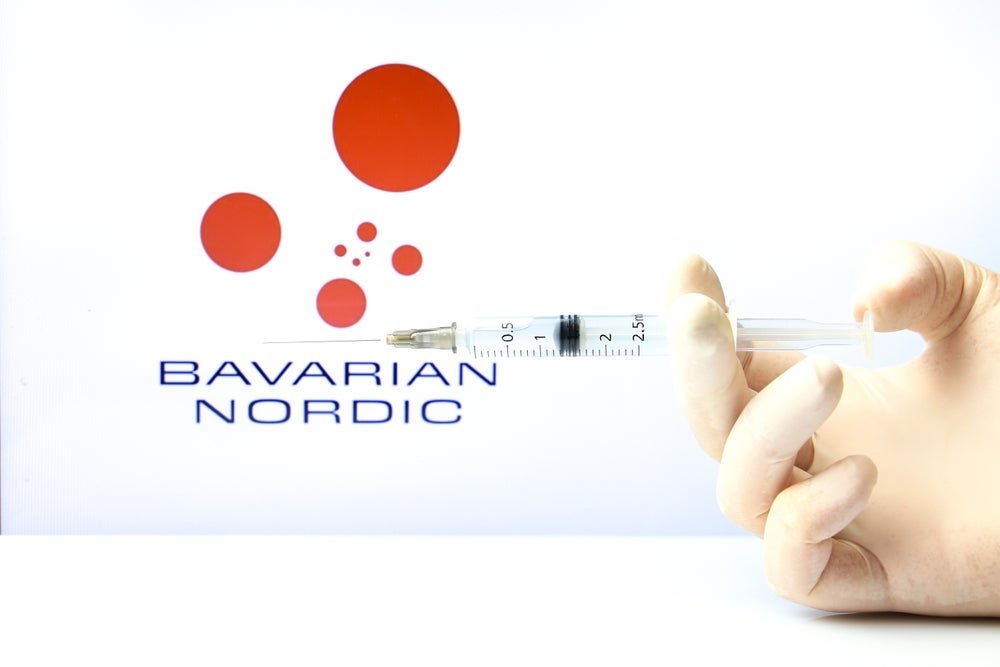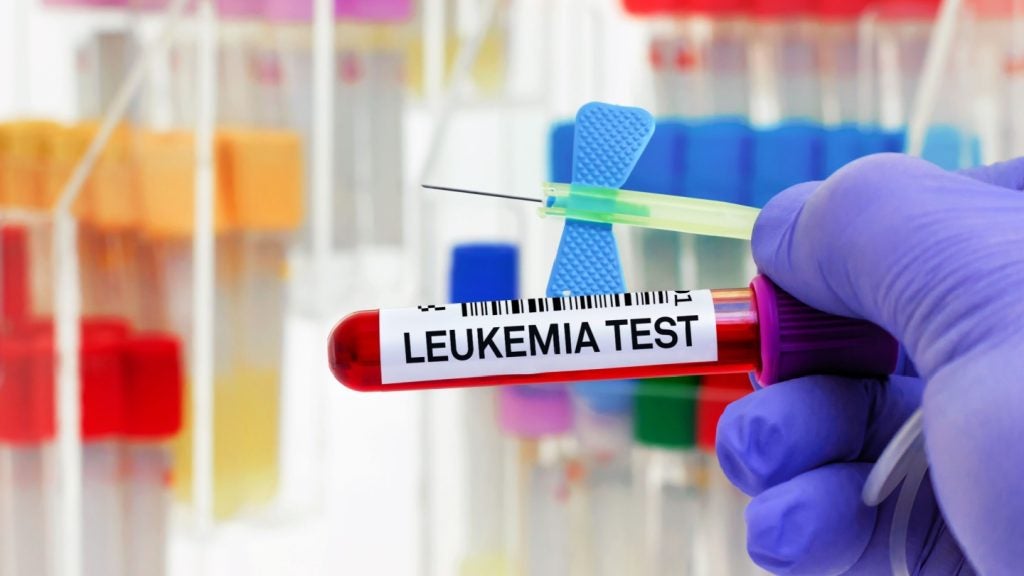On November 16, during the American Heart Association (AHA) 2024 Annual Scientific Sessions in Chicago, IL, US, findings from the Phase III PALISADE (NCT05089084) clinical trial of Arrowhead Pharmaceuticals’ plozasiran, previously known as ARO-APOC3, were presented. This trial targeted adults with genetically or clinically diagnosed familial chylomicronemia syndrome (FCS), a rare genetic condition characterized by extremely high triglyceride levels that greatly increases the risk of acute pancreatitis.
PlPlozasiran is a small interfering-RNA (siRNA) therapy developed to specifically target and reduce the production of apolipoprotin C-III (APOC3) production, thereby reducing triglyceride levels and lowering the associated health risks of FCS. APOC3 is a key component of triglyceride-rich lipoproteins (TRLs) and plays a crucial role in regulating triglyceride metabolism. It raises blood triglyceride levels by inhibiting the breakdown of TRLs by lipoprotein lipase and blocking the uptake of TRL remnants by hepatic receptors in the liver. The primary objective of plozasiran treatment is to reduce APOC3 levels, thereby reducing triglycerides and helping to normalize lipid profiles.
A total of 75 patients with genetically or clinically defined FCS who had persistent chylomicronemia despite standard care were randomized to receive quarterly doses of plozasiran (25mg or 50mg) or a placebo for 12 months. The Phase III clinical trial results, presented by Professor Gerald Watts, DSc, PhD, DM, FRACP, FRCP, Professor of Cardio-metabolic Medicine at the University of Western Australia, showed that the study successfully met its primary endpoint, demonstrating that participants receiving 25mg and 50mg doses of plozasiran lowered median triglycerides by 80% from baseline at month 10, which was a marked improvement compared to the smaller reductions seen in the placebo group. Secondary endpoints, including further reductions in triglycerides and APOC3 levels, as well as a decrease in the incidence of acute pancreatitis, showed statistically significant improvements in patients treated with plozasiran. Triglyceride and APOC3 reductions were evident as early as one month and sustained throughout the 12-month period, with similar efficacy observed in both genetically and clinically defined patients. Reductions in atherogenic TRLs were noted, alongside a minor increase in low-density lipoprotein cholesterol (LDL-C), with no change in apolipoprotein B (apoB). Plozasiran also significantly reduced the incidence of acute pancreatitis, addressing a major concern for individuals with FCS. The treatment demonstrated a favourable safety profile, with adverse events similar to those seen with placebo. Severe and serious adverse events were less common in the plozasiran group, mainly due to fewer acute pancreatitis episodes.
According to key opinion leaders (KOLs) interviewed by GlobalData, there is a significant unmet need for therapies that address severe genetic disorders such as FCS. Currently, no FDA-approved treatments exist for FCS, creating a critical gap in managing this condition. Plozasiran offers a promising solution by targeting the underlying causes of FCS, effectively lowering triglyceride levels and preventing complications associated with the disease. Plozasiran significantly reduced both triglyceride levels and the incidence of acute pancreatitis in patients with persistent chylomicronemia, regardless of genetic status. Due to its efficacy across a range of hypertriglyceridemia patients, plozasiran is being further studied for its potential to treat chylomicronemia-related pancreatitis as a possible therapy to reduce the risk of atherosclerotic cardiovascular disease (ASCVD) in individuals with mild to moderate hypertriglyceridemia. According to GlobalData’s Dyslipidemia: Seven- Market Drug Forecast and Market Analysis report, plozasiran is expected to achieve sales of $707 million by 2032.
















